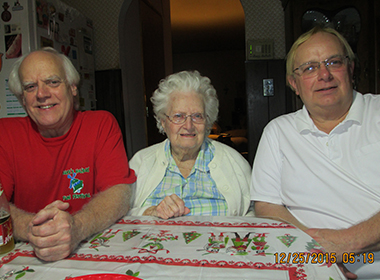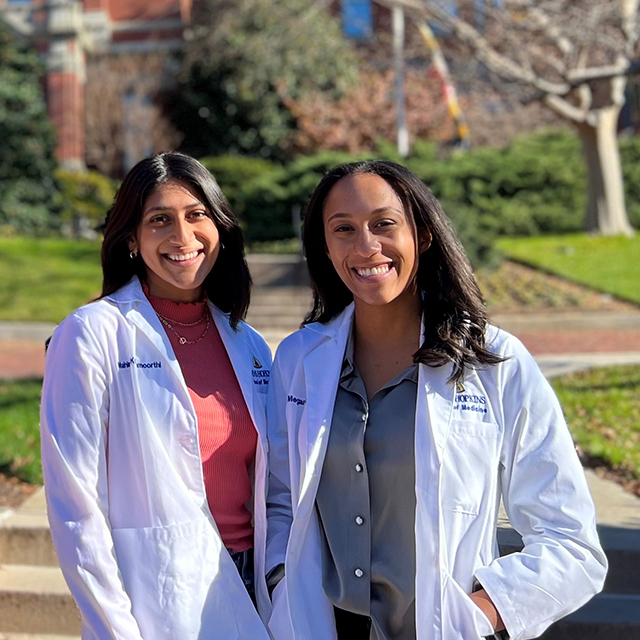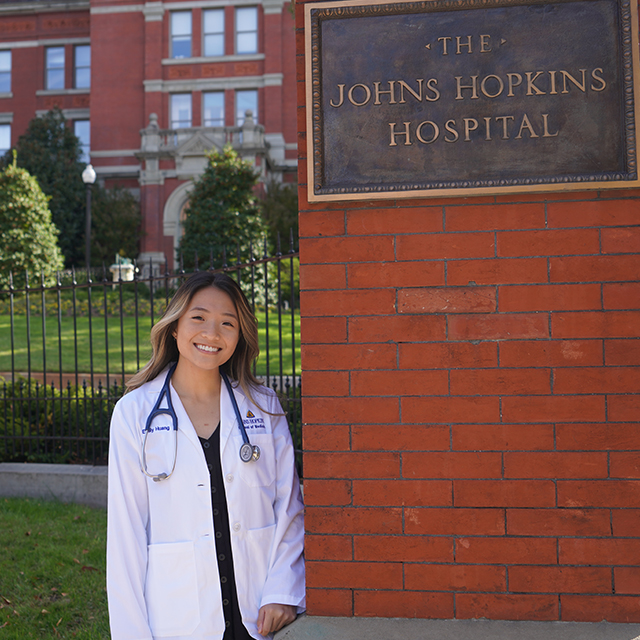During the 2021 Maryland legislative session, lawmakers created a state requirement that licensed health care providers must complete implicit bias training for relicensure as of April 1, 2022. Johns Hopkins Medicine’s Office of Diversity, Inclusion and Health Equity had been similar training internally since February 2021 as part of a three-year, systemwide diversity and inclusion strategic priority.
When the office learned of the new law, it reached out to the Maryland Department of Health Office of Minority Health and Health Disparities (MHHD) to have its course approved to fulfill the state requirement. To ensure equitable access for community health providers, who may not be part of large health systems, MHHD asked Johns Hopkins Medicine to offer a course tailored to community health providers at a nominal cost. Five sessions have been conducted since September 2022, and more than 900 providers have completed the training.
“We’re helping community health providers acquire the knowledge, skills and awareness necessary to serve their own community,” says facilitator Cheri Wilson, program director for diversity, inclusion and health equity.
Wilson says the one-hour, live Zoom course aims to help people increase their awareness of unconscious bias and microaggressions. It also provides participants with strategies for responding to microaggressions and mitigating bias in everyday life, the workplace and clinical care.
“Our goal is to raise awareness and encourage people to change behaviors,” Wilson says. “This will help reduce health care disparities and promote health equity. It will also create more welcoming and inclusive environments.”
Licensed clinical social worker Jeremy Darden signed up for the Johns Hopkins Medicine course to fulfill the new training mandate.
“Right from the beginning, it was a safe and open space,” Darden says. “The course was engaging and inviting from the start.”
Darden says that after the course, he scheduled a staff meeting to share some of the information he learned and to open a conversation with his staff about biases.
“We explored awkward and uncomfortable situations,” he says. “One of the most important things is to listen to our clients and our colleagues. This course was a powerful reminder to listen, understand and be aware of what I might bring into the conversation. It was a good refresher and timeless.”
Clinical director Carly Anson also chose Johns Hopkins Medicine’s course to complete her license renewal.
“I learned to be aware of questions to ask people that are appropriate and won’t offend them,” Anson says. “The course encouraged me not to go into questions with an assumption. If I hear someone with an accent, I ask what country they are from. It can be taken as discrimination.”
Anson says the course used helpful examples, such as a video about a male who was a judge. It showed that in his day-to-day routines, society often judged him based on his appearance.
“The course reinforced that I shouldn’t make assumptions or judgments,” Anson says. “You should give everyone an equal opportunity.”
Iris Heath, a licensed clinical professional counselor, says she knew that by taking the Johns Hopkins Medicine course, she would receive the correct documentation needed for relicensure.
“I learned so much,” Heath says. “The training taught me to make sure I recognized any biases in myself. The facilitator gave us specific definitions of things, which for me is always helpful.”
After the course, Heath says she was glad she took it.
“Because we’re human, there’s a need for us to continue to be aware of these things,” Heath says. “Many of us have been trained, and yet, for me, I think important to have ongoing reminders. I want to make sure providing my clients with the best service possible.”
Supervisory social worker Mary Liesenberg says the course gave her actionable steps to handle unconscious bias in the workplace.
“There are things you can do, like saying ‘Hey, ouch,’ when someone displays unconscious bias,” Liesenberg says. “I appreciated having clear language and recommendations.”
Liesenberg says the course was extremely educational.
“Our patients can be impacted by a lot of stressors, socioeconomics, etc.,” she says. “We are working with clients who can sometimes be struggling to be recognized. This course helps us dignity to our clients and think about how our behaviors and language them.”



